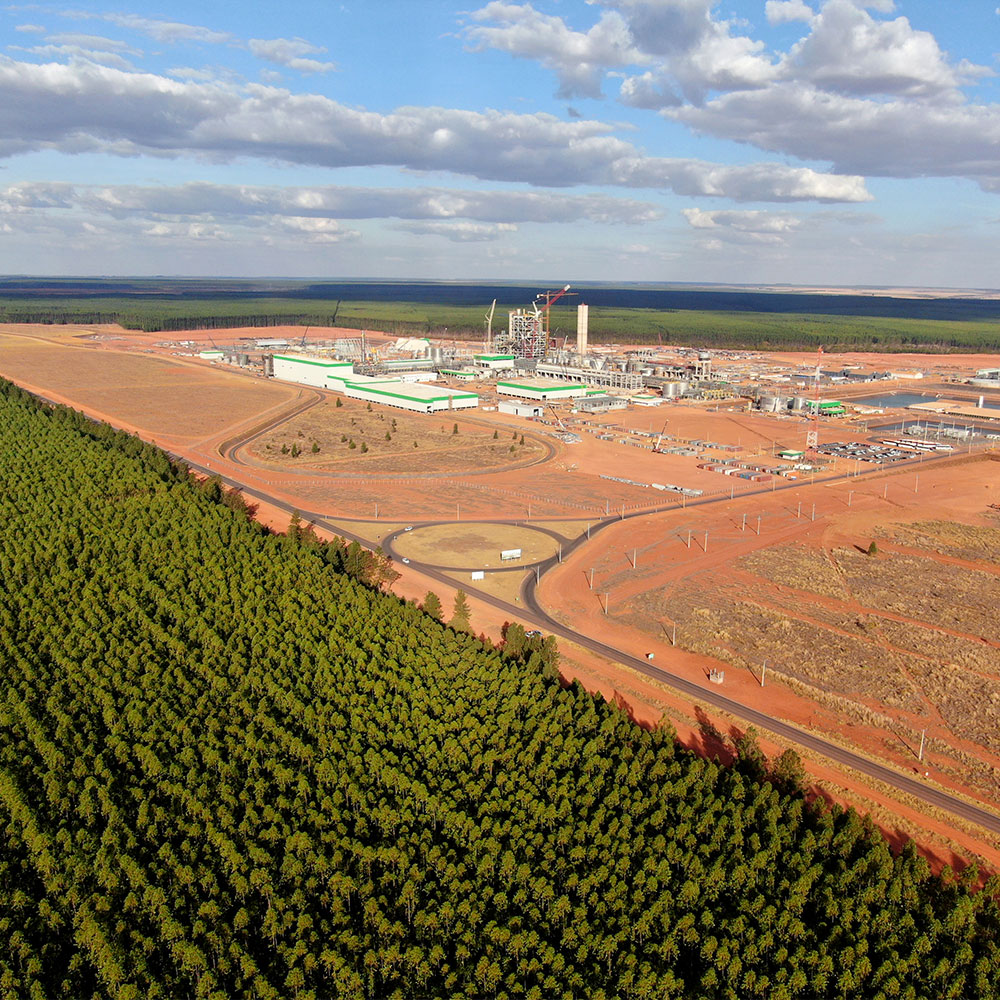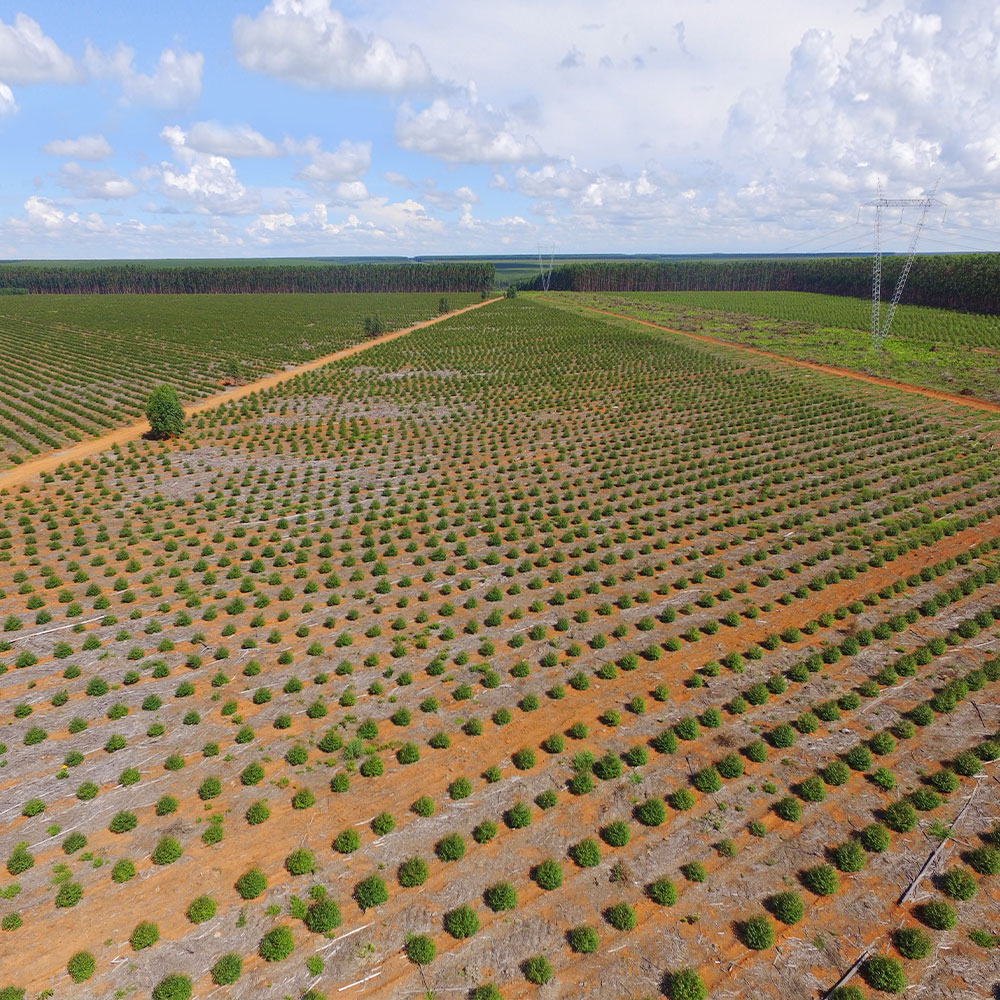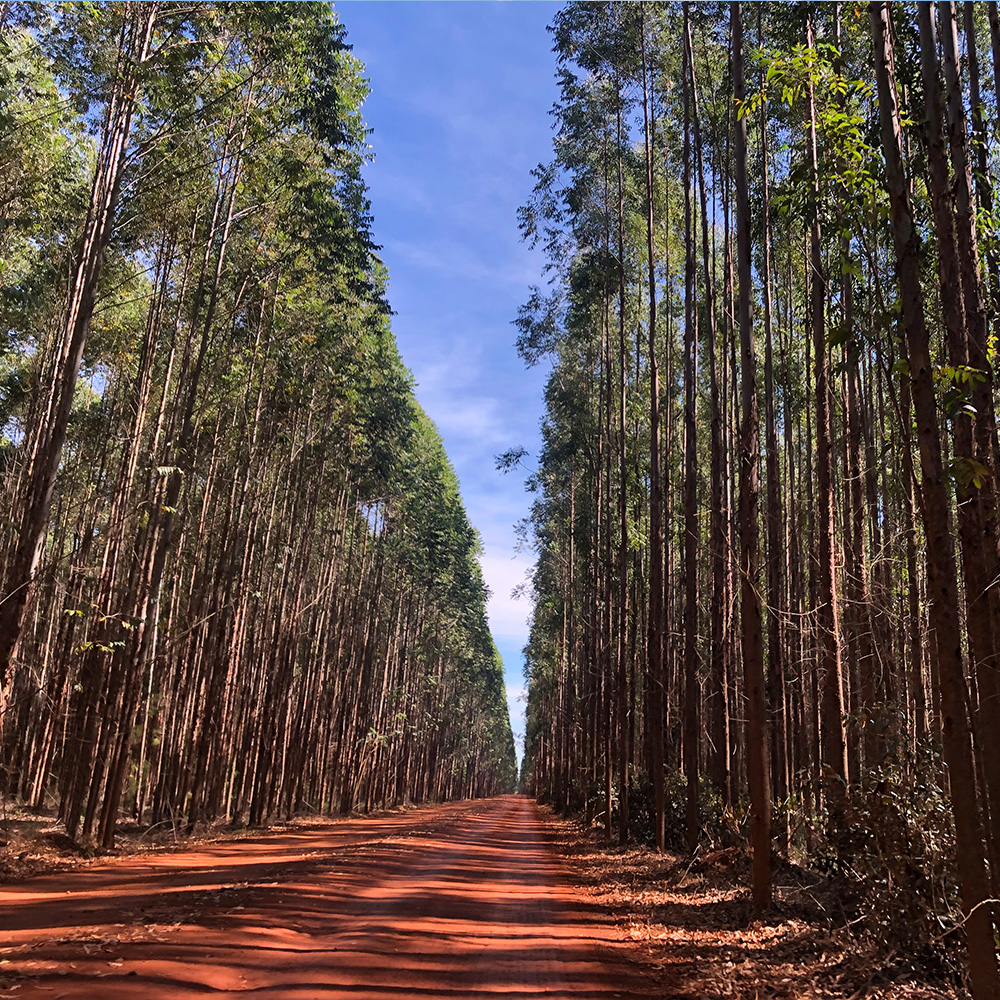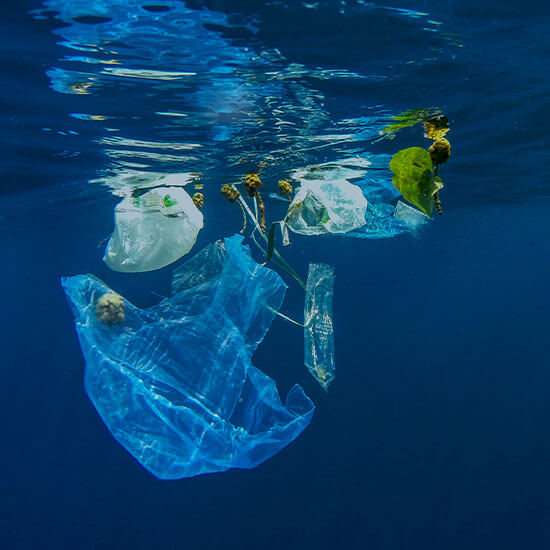Boosting decarbonization
Dissolving wood pulp mill on track to boost decarbonization
Ongoing investment in our dissolving wood pulp mill in Brazil – the largest of its kind in the world – will have a significant impact on the decarbonization of our global business. It will also strengthen and stabilize our capacity to meet growing demand for specialty fibers.
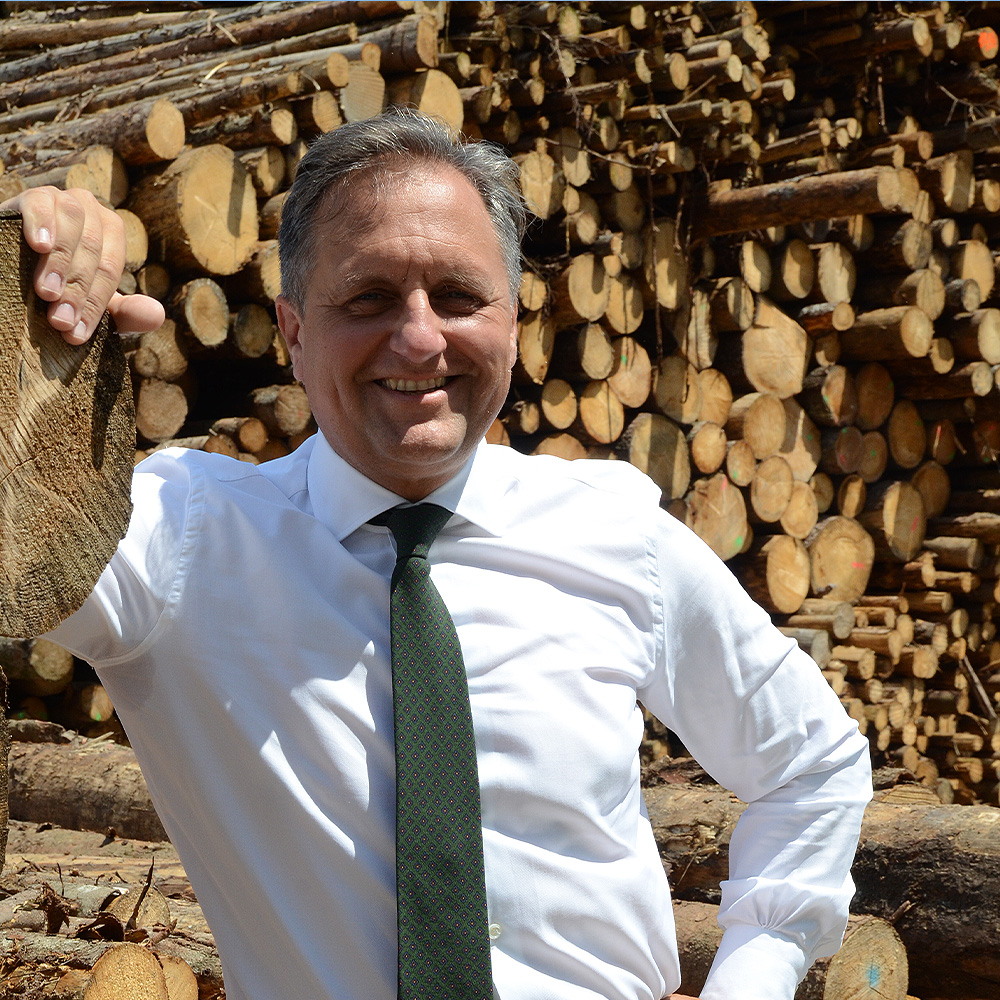
This will lift Lenzing to a different league, especially in terms of backward integration. It will make us much more resilient compared to previous years.”
Christian Skilich
Member of the Managing Board
This is our largest ever investment in the supply of sustainable raw materials needed for wood-based (cellulosic) fiber production. The mill will supply pulp needed to produce our cellulosic fibers for both the textile and nonwovens industries, which will significantly increase environmental and operational efficiency. “This will lift Lenzing to a different league, especially in terms of backward integration,” said Christian Skilich, Member of the Managing Board. “It will make us much more resilient compared to previous years.”
Sustainable forestry, sustainable fashion
The site’s eco-credentials make this an important milestone on our road to carbon neutrality. Biomass extracted from pulp production will be used to generate electricity. It will be one of the world’s most productive and energy-efficient mills, and feed more than 50 percent of the electricity generated into the public grid as renewable energy.
State-of-the-art technology will allow us to run a chlorine-free pulp bleaching process that reduces the plant’s chemical impact on both people and the planet, plus we are implementing world-class water treatment which aligns with our goal to reduce wastewater emissions across all sites.
These significant achievements have been made possible through the combined expertise of a joint venture with Brazilian company Dexco. As our partner, Dexco provides extensive knowledge in sustainable forestry and local markets, and holds a 49 percent stake in the venture while Lenzing holds 51 percent.
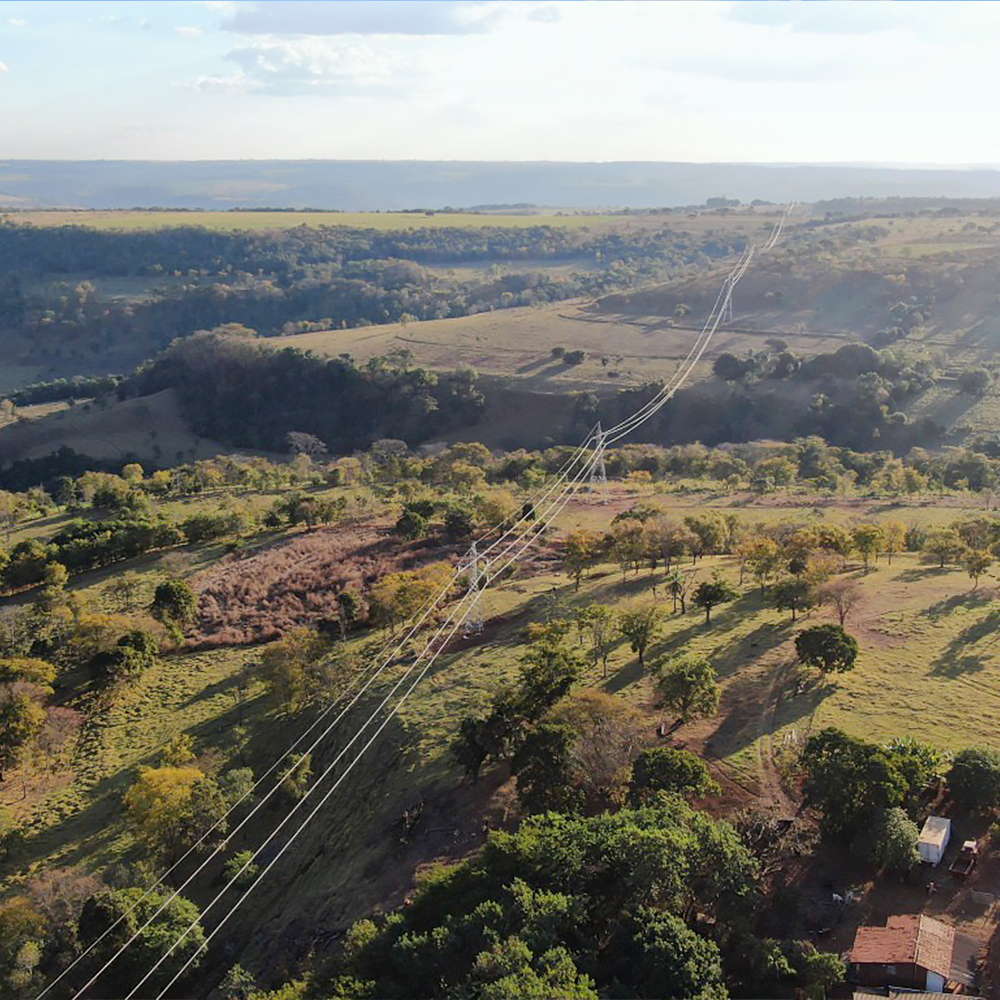
Energy produced from biomass extracted during pulp production will be fed into Brazil’s national grid as renewable energy.
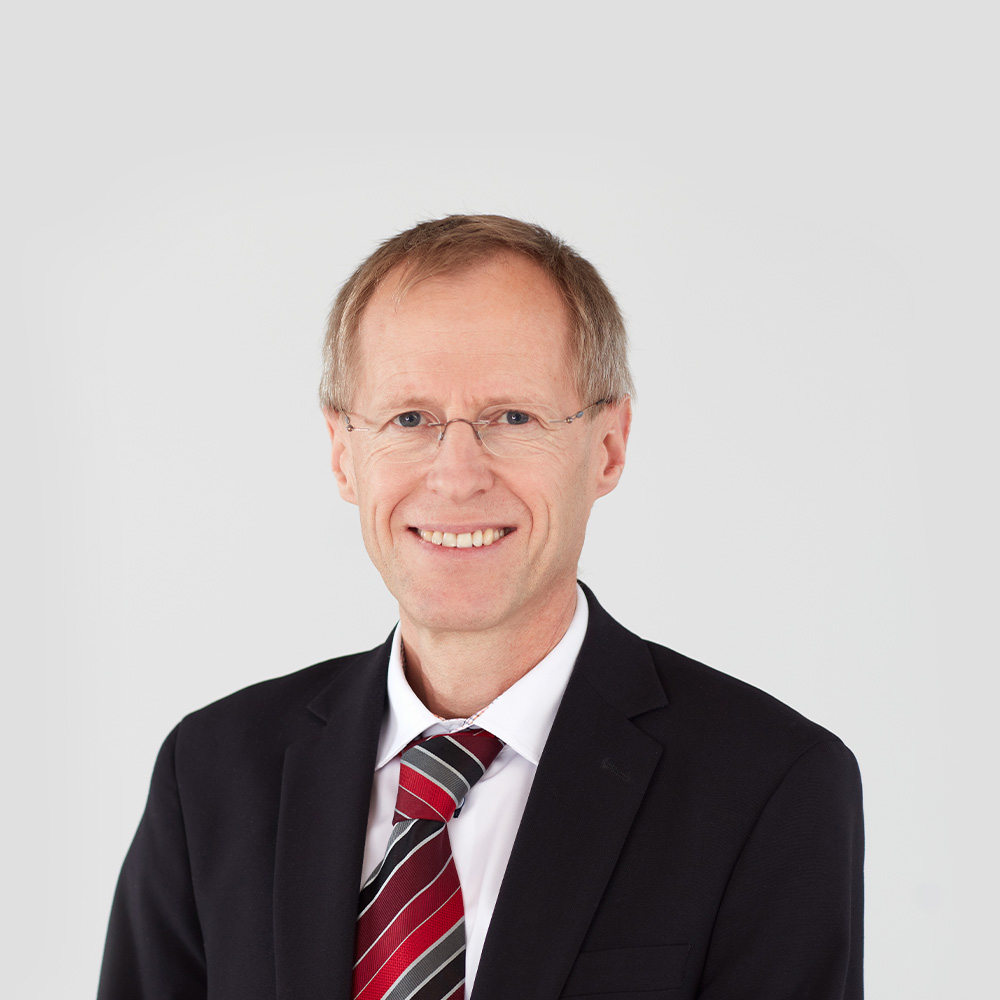
Impossible made possible through partnership
Initially a greenfield site with no existing infrastructure, it has taken a combination of engineering, technological and cultural know-how to stay on track. “I have been with the project since the site was first assessed in 2017,” said Wilhelm Feilmair, Vice President of Pulp Expansion. “Everything needed to be built, from roads to energy and communications infrastructure. Many of these things are now in operation, which is a real achievement.”
Together with an experienced Brazilian team we could manage COVID-19 very well. This means our efforts to supervise and control the progress of the project could be well maintained.”
Wilhelm Feilmair
Vice President of Pulp Expansion
Forming strong local and global connections right from the start and implementing an efficient collaboration with our joint venture was crucial. “Together with an experienced Brazilian team we could manage COVID-19 very well,” Wilhelm added. “This means our efforts to supervise and control the progress of the project could be well maintained.”
“A lot of the equipment we needed was imported but the logistics were disrupted by COVID-19,” Wilhelm continued. “The team had to find ways to collaborate and reduce delays. There was no one dedicated person safeguarding the project, there were many, many dedicated people safeguarding the project.”
Cord Prinzhorn, Chief Executive Officer, Lenzing Group visits the site in Indianópolis (Brazil).
With nearly 8,500 workers and contractors now on site, coordination and planning have been critical to ensuring that our people are also safeguarded during the pandemic. “The infrastructure we have put in place helped with transport and communications,” added Luis Künzel, Vice President of Pulp Brazil. “We installed an intelligence center on site to support the workers and we have the internal slogan ‘to work at the mill site, it is the safest place you can be’ and they do feel safe.”
With sustainability and safety both in hand, construction was close to completion at the end of 2021. “There is no single start-up event. There are lots of smaller celebrations when a new part of the mill starts up. We can see the mill becoming more and more of a reality,” Luis added. And that brings Lenzing another step closer to achieving carbon neutrality.
1) FSC license code: FSC-C006042

